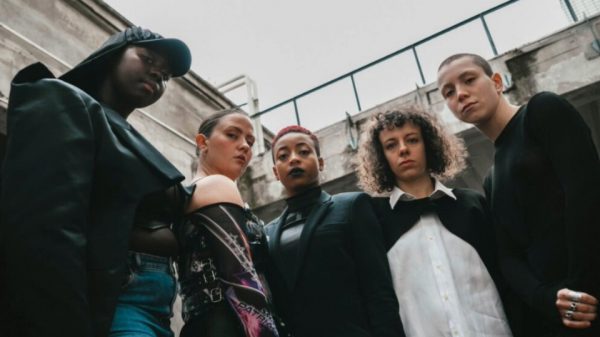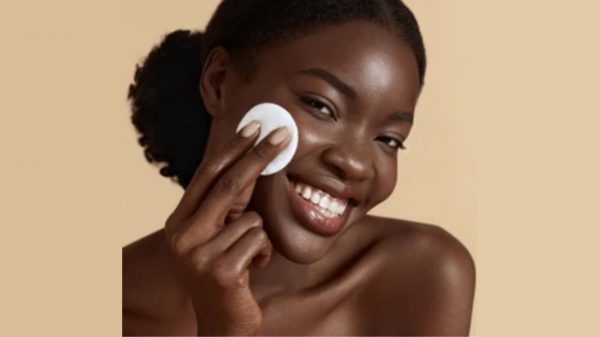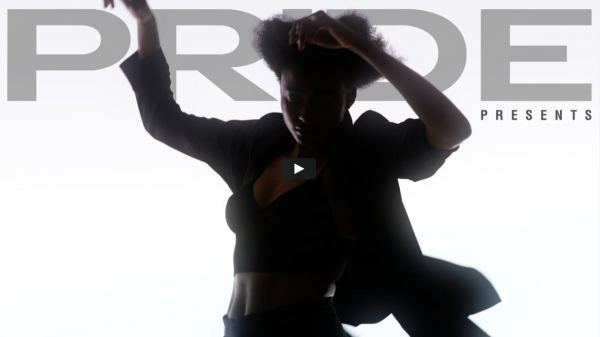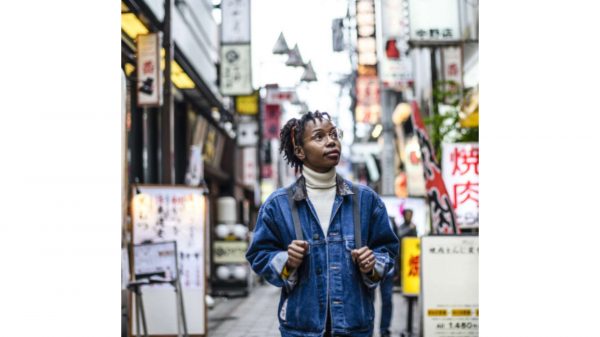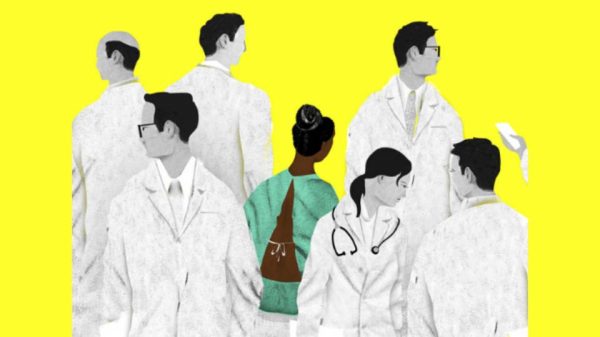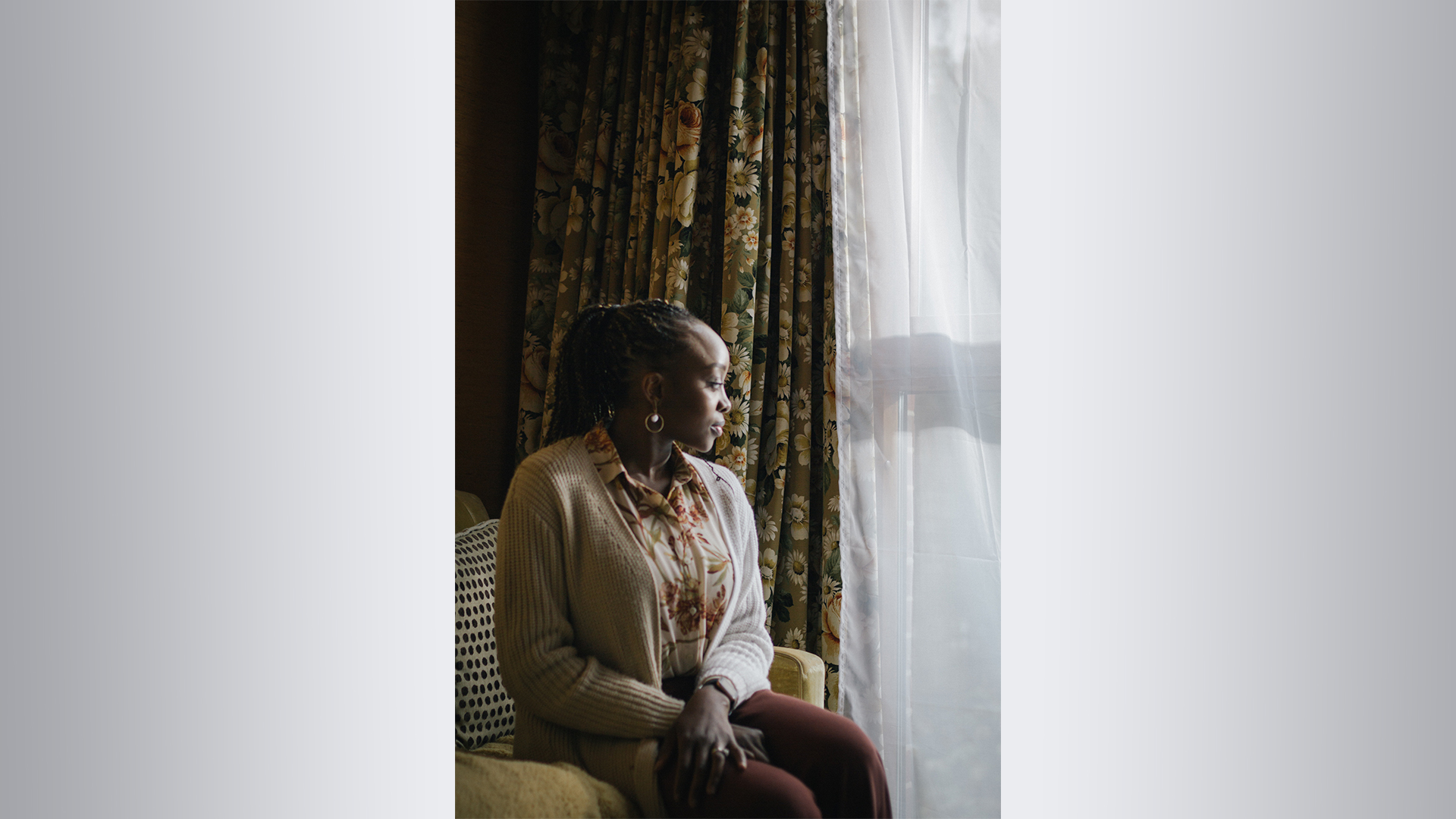- Campaigner Patrick Vernon OBE is among those sharing his COVID-19 vaccine journey in a new shortfilm
- Latest ONS data show vaccine hesitancy among black and black British people has halved
- More than 43 million adults in the UK have had their first dose of the COVID-19 vaccine
- The film can be viewed on the NHS YouTube page here https://www.youtube.com/watch?v=OCSameEcCiI
A new short film about the COVID-19 vaccine is encouraging people to speak to their friends and family about their vaccination experience as the latest ONS figures show vaccine hesitancy among black and black British people has halved in the past few months.
Campaigner Patrick Vernon OBE has joined nurse Harriet Appiah-Anderson and stakeholder engagement manager and wedding planner Adetutu Emmanuel, who has lupus, in a video to share their experiences of getting the COVID-19 vaccine with others.
The video features the three individuals talking about their reasons for getting vaccinated – which include losing close friends to COVID-19 and protecting themselves against serious illness.
Patrick, Harriet and Adetutu, who all initially had some reservations about getting the vaccine, were motivated to take part in the short film in response to the disproportionate impact COVID-19 has had on the black community and to help encourage confidence in the jab.
Figures show black African and Caribbean people are still among those least likely to come back for their second dose, however the latest data shows that confidence in the vaccines continues to increase among minority groups. According to the Office for National Statistics, vaccine hesitancy has halved in the past few months among black and black British people, from 44% in February to 21% in May 2021.
The UK’s vaccine rollout has already saved thousands of lives. Data from PHE’s real-world study shows the vaccines are already having a significant impact in the UK, reducing hospitalisations and deaths, saving over 14,000 lives and preventing over 42,000 hospitalisations in England.
Vaccinated people are far less likely to get COVID-19 with symptoms. Vaccinated people are even more unlikely to get serious COVID-19, to be admitted to hospital, or to die from it and there is growing evidence that they are less likely to pass the virus to others.
More than 43 million people in the UK have received their first dose and around 31 million people have had their second dose of the COVID-19 vaccine, including hundreds of thousandsfrom the black community, but more people need to come forward so everyone can benefit from the protection the vaccines offer.
Patrick Vernon said: “I decided that it was important to take it early just to tell the community at large that it’s safe to take it. It’s about protecting ourselves, loved ones and our families.”
Dr Vanessa Apea, consultant physician in Genito-urinary and HIV medicine and the clinical lead for Sexual Health at Barts Health NHS Trust, has had the vaccine and devoted her spare time to answer the community’s questions and concerns about the jab.
Dr Apea said: “You need two doses of the vaccine for the best protection against COVID-19, so it’s crucial that you arrange an appointment for your second dose once you’ve had your first.”
Nurse Harriet Appiah-Anderson said: “I took the vaccine to protect myself and those I look after as a nurse. Seeing so many people lose their lives was very painful.”
Adetutu Emmanuel, who has systemic lupus, said: “I took the vaccine because someone close to me passed away after getting COVID-19, and this person had the same medical condition as I do.” She described the experience as “straightforward”.
Currently everyone aged 18 and over in England, those with underlying health conditions that put them at higher risk and carers can receive the COVID-19 vaccine.
People who have been invited by their GP or the NHS to get the COVID-19 vaccine – including those who have previously declined – can arrange their vaccination by logging on to the national booking service at www.nhs.uk/covid-vaccination. Anyone unable to book online can call 119 free of charge, anytime between 7am and 11pm seven days a week.
COVID-19 vaccinations can be booked without an NHS number and regardless of an individual’s immigration status – this will not be checked.
For more information on the COVID-19 vaccine, visit: www.nhs.uk/covid-vaccination.






